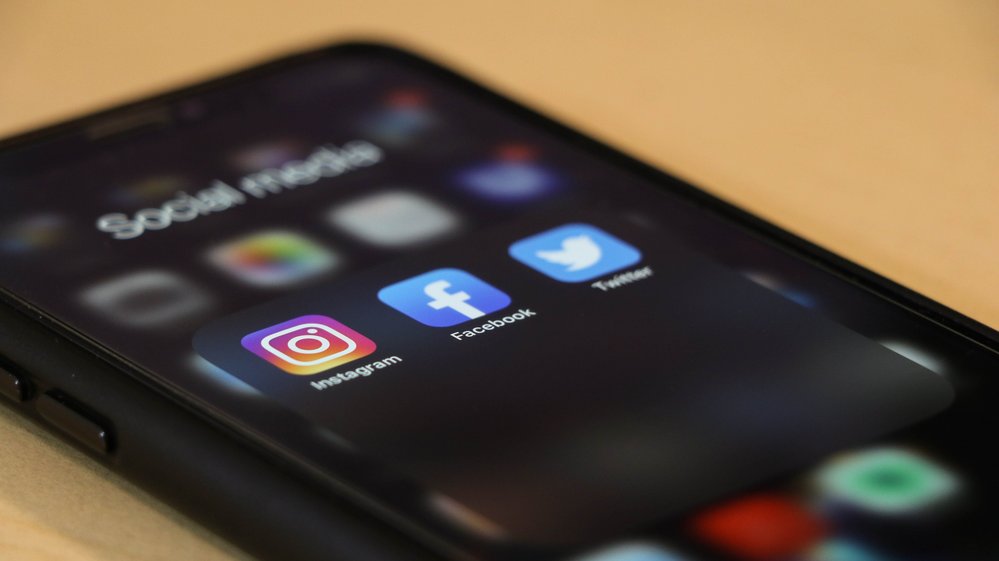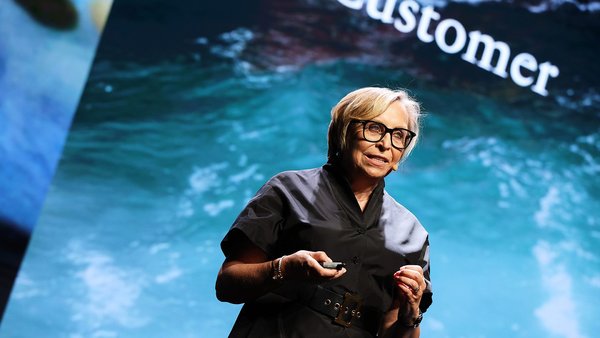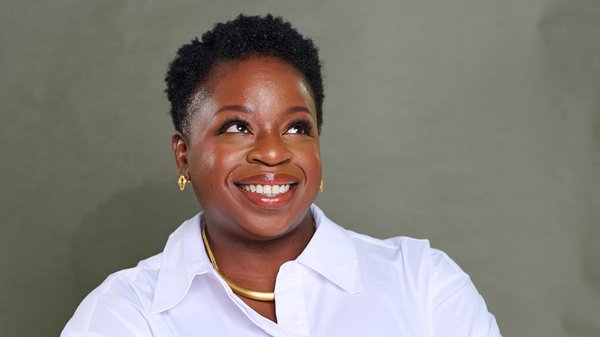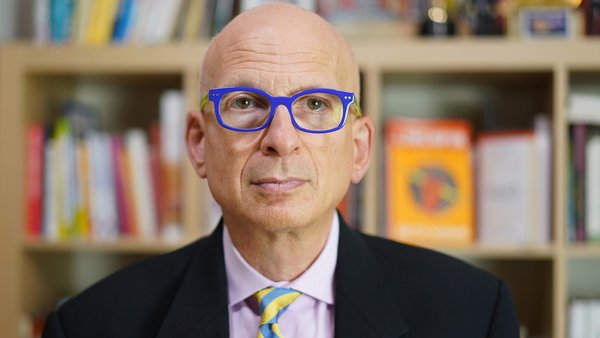Ed Booty’s Strategy Diet /
Tips and techniques from advertising’s top strategists
James Swift
/
Photo by Steve Johnson on Unsplash
Have you ever wanted to know what the ad industry’s sharpest strategists feed their brains on a daily basis, or what resources they swear by when tackling a brief?
We have. So we’re asking.
Ed Booty is Publicis Groupe’s chief strategy officer for the Asia Pacific region. He was previously regional head of planning for Unilever and Coca-Cola at Ogilvy, and before that worked at BBH London, on brands including Johnnie Walker and Audi.
What media do you consume that makes you better at your job or helps you think about strategy generally?
I mainly consume things I find interesting, in the hope that enough interesting input may eventually lead to more interesting thinking. While I’m still waiting for that plan to come to fruition, my media consumption seems to fall into three broad categories: breadth, perspective and novelty…
Breadth: This is a loose brief, really; any subject, the more random the better, so long as it’s entirely new to me. It’s an endless source of stimulation. Podcasts are perfect for this: The Infinite Monkey Cage. No such thing as a Fish. Ologies with Alie Ward. After the fact. Freakonomics Radio. Likewise, documentaries aplenty.
Perspective: For a measured and macro view of the world. These sources are a bit western-centric but do combine depth with objectivity: The Atlantic. The Economist. Quartz. Lex in the FT. Mckinsey Quarterly. The World Economic Forum.
Novelty: Many strategists are too focused here. I find it valuable in small doses. My go-to sources for this are: Wired. Fast Company. Monocle. Nowness. Aesthetica. Wallpaper.
Are there any resources that you typically turn to first when working on a brief?
It’s always tempting to mistake problems that we’re new to, as new problems. I try to encourage strategists to separate what’s timeless from what’s timely. We have brilliant data and analytics specialists to help us accurately diagnose what is going on. When it comes to asking why? plenty of the thinking is already out there; in academic journals of sociology and psychology but also in the collective cultural memory: literature, quotes, comedy, religion etc.
Who is someone that you follow/read/watch for their opinions and ideas?
There are a few (albeit together they’d make for rather an intense dinner party): Yuval Noah Harari, Chimamanda Ngozi Adichie, Daniel Kahneman, Zeynep Tufekci, Alain de Botton and John Maeda.
Ed Booty, Publicis Groupe
Is there anyone or any resource that you think strategists rely on too much that is counterproductive?
Most advertising research, because it doesn’t reflect how advertising actually works. It makes the false assumption that we are in the business of consciously reasoning consumers into submission. Navigating this consumes a huge amount of strategists’ time and it leads to less effective work.
What do you think is the most underused resource for better strategy?
For a discipline that strives for fresh thinking and perspectives, strategy is a surprisingly homogeneous culture. It’s self-referential in how it recruits, works, thinks and communicates. It follows the same people, shares the same training and regurgitates the same neologisms. I feel we lack cognitive diversity. There’s surely a huge opportunity for strategy to embrace more eclectic voices, perspectives, attitudes and styles of thought?
Is there anywhere you go when you’re struggling with a brief or a place that seems to help you work or think?
For exploring problems, I always find circuitous conversation over a coffee is useful, ideally with someone considerably smarter than me. I’m fortunate to know plenty of them.
When I’m articulating strategy I lock myself away and always write in full prose first. I do this to expose the gaps in my thinking. It’s unforgiving but always valuable.
Office etiquette: music or no music?
No music. It’s the enemy of lucid thought. In addition, if that wasn’t deterrent enough, thanks to my daughter, Spotify’s algorithm significantly overrates my appetite for the Frozen soundtrack.

Photo by Photoholgic on Unsplash
What’s the best free resource for a strategist?
Two come to mind.
Firstly, the contemporary arts. Artists are often asking and answering many of the same questions that we are, in fresh and provocative ways.
Secondly, the generosity of senior strategists. It’s surely no coincidence that all the great strategists in the industry that I’ve known have been generous by nature. This makes them a surprisingly accessible and invaluable resource for others looking for guidance. I personally owe a great debt of gratitude to a number of them who tolerated my early mediocrity and mistakes (namely Phil Teer, Rachel Hatton, Jim Caroll and Nick Kendall).
What sort of media/resources would you recommend to someone just starting their career as a strategist?
I can’t think of a better foundation than reading the likes of Robert Heath, Paul Feldwick, Les Binet, Byron Sharpe, Jon Steel and Daniel Kahneman. Not a terribly original starting point, but then (perhaps worryingly) you’ll already be better informed than many more established strategists.
Mark Ritson and Bob Hoffman are also worth following for an up-to-date dose of cynicism and reality.
Finally, two more practical classics that I continue to recommend are: The Visual Display of Quantitative Information by Edward Tufte and How to Lie with Statistics by Darrell Huff. I’m starting to sound retrograde… enough.

What’s something that happened in pop culture that showed a better understanding of people than advertising?
Based on most advertising, I’m not sure that’s a tough question. I struggle to think of much popular culture that doesn’t.
However, the rise of the Tech Platforms is surely the elephant in the room on this topic. They’ve understood the fundamental needs of humans at a neurological level and they know individuals better than many even know themselves. The ethics around how this power is used and regulated is another topic altogether, but their depth of understanding of people is surely unparalleled?
Want more of the same? /
We don’t just write about best-in-class campaigns, interviews and trends. Our Members also receive access to briefings, online training, webinars, live events and much more.







